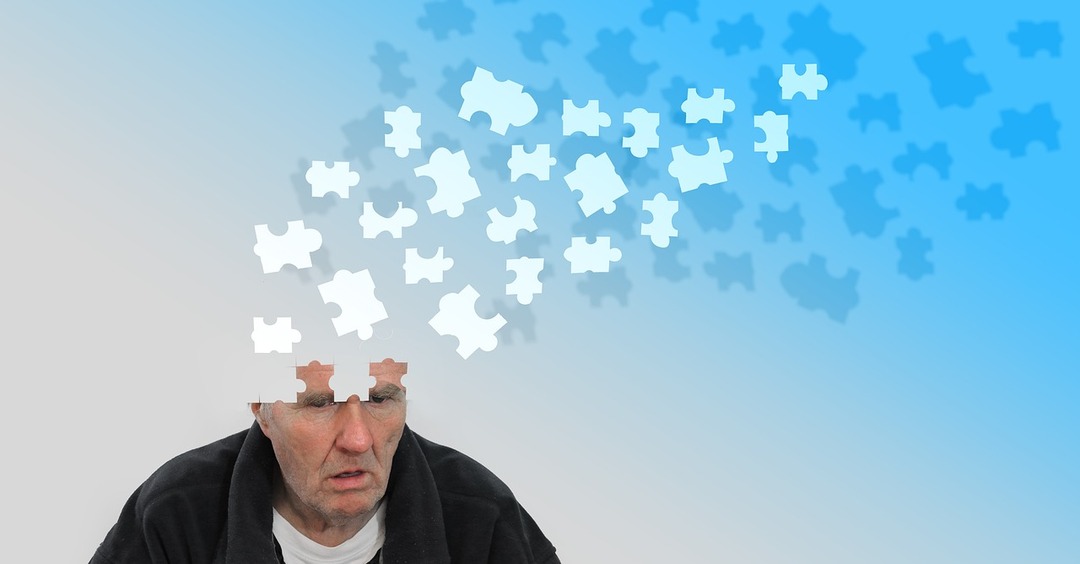-
Scientists develop an innovative method to stimulate memory in dementia patients through sounds
-
The recent discovery in controlling brain waves during sleep promises a potential revolution in dementia treatment, allowing doctors to modify brain activity non-surgically and less invasively

A recent scientific study conducted by the University of Surrey has revealed the possibility of manipulating brain rhythms during the rapid eye movement (REM) sleep phase, a stage closely associated with memory and cognitive processes.
The innovative technique, which relies on auditory stimuli, allows researchers to accelerate brain activity that is slowed in dementia patients during this rest period.
According to "Neuroscience News", a research team from the University of Surrey, in collaboration with the UK Dementia Research Care and Technology Centre at Imperial College London, used a novel method known as closed-loop auditory stimulation, which targets brain waves during sleep with extreme precision.
Dr. Valeria Jaramillo, a researcher at the Sleep Research Centre and faculty member in the Department of Psychology at the University of Surrey, said: "Brain oscillations play a crucial role in brain performance, learning mechanisms, and information retention. These waves during REM sleep have been proven to be linked to memory functions – although their exact role remains largely unclear."
She added that in cases of dementia, brain activity significantly slows during REM sleep, which is associated with a decline in the ability to recall personal memories and retain information.
Dr. Jaramillo explained that "stimulating brain waves through sounds can increase their frequency, which may contribute to a deeper understanding of how to enhance brain oscillations during REM sleep to improve cognition, and how to improve the quality of this sleep stage in dementia patients."
Professor Dirk Jan Dijk, Director of the Sleep Research Centre at the University of Surrey, head of the UK Dementia Research Institute team and principal investigator of the study, commented: "This discovery may pave the way for a new approach in treating dementia patients. This technique is non-surgical and applied during sleep, which reduces disruption to patients' daily lives and makes therapeutic procedures more targeted and precise."
Levant-Agencies
You May Also Like
Popular Posts
Caricature
BENEFIT Sponsors Gulf Uni...
- April 17, 2025
BENEFIT, the Kingdom’s innovator and leading company in Fintech and electronic financial transactions service, has announced its sponsorship of the “Innovation and Sustainable Technology Solutions Competition (GU - IST Solutions), hosted by Gulf University at its main campus.
This strategic sponsorship reflects BENEFIT’s active role in advancing technological innovation and fostering sustainable solutions to future challenges. It also seeks to empower Bahraini youth by enhancing their skills, capabilities, and competitiveness in innovation and solution development—contributing meaningfully to the broader goals of sustainable development across all sectors.
As part of BENEFIT’s active involvement in the competition, the company has announced that Hanan Abdulla Hasan, Senior Manager of Public Relations and Communication, will serve on the competition’s supervisory committee. Her upcoming participation reflects BENEFIT’s forward-looking commitment to championing academic and professional excellence.
Commenting on the occasion, Hanan Abdulla Hasan, Senior Manager of Public Relations and Communication at BENEFIT, said, “We are privileged to support this pioneering initiative, which aligns seamlessly with BENEFIT’s enduring commitment to fostering innovation and nurturing the potential of Bahrain’s youth. Our participation is rooted in a deep sense of social responsibility and a firm belief in the pivotal role of innovation in shaping a sustainable future. Through such platforms, we seek to empower the next generation with the knowledge, skills, and foresight required to develop impactful solutions that address future challenges, in line with the United Nations Sustainable Development Goals 2030.”
Dr. Aseel Al Ayash Dean of the College of Engineering in Gulf University commented, “We extend our sincere gratitude to BENEFIT for their generous sponsorship and support of the Innovation and Sustainable Technology Solutions Competition. This contribution plays an instrumental role in helping us achieve the strategic goals of this initiative, namely, cultivating a culture of innovation and sustainability, encouraging efforts that address the imperatives of sustainable development, and enhancing the practical and professional capabilities of our students and participants.”
The event will bring together a diverse spectrum of participants, including secondary school students, university undergraduates, engineers, industry professionals, entrepreneurs, academic researchers, and subject matter experts representing a wide range of disciplines.
The competition seeks to inspire participants to develop and present innovative, sustainable technologies aimed at addressing pressing environmental, social, and economic challenges. It encourages the formulation of business models that integrate advanced technological solutions with core principles of sustainability. Moreover, it serves as a platform for emerging leaders, entrepreneurs, and innovators to contribute to the advancement of the Sustainable Development Goals, promote the ethos of responsible technology, and demonstrate its transformative potential across various sectors.
Attendees will have the opportunity to view a series of project presentations submitted by participants, covering diverse areas such as eco-friendly product design, smart and sustainable innovations, renewable energy technologies, water conservation and management, waste minimisation and recycling, green architectural solutions, and sustainable transportation systems. Outstanding projects will be formally recognised and awarded at the conclusion of the event.
opinion
Report
ads
Newsletter
Subscribe to our mailing list to get the new updates!






















